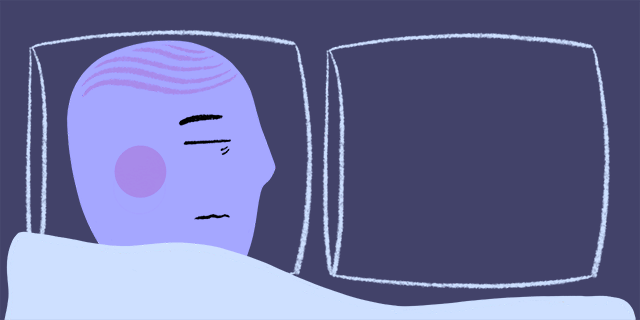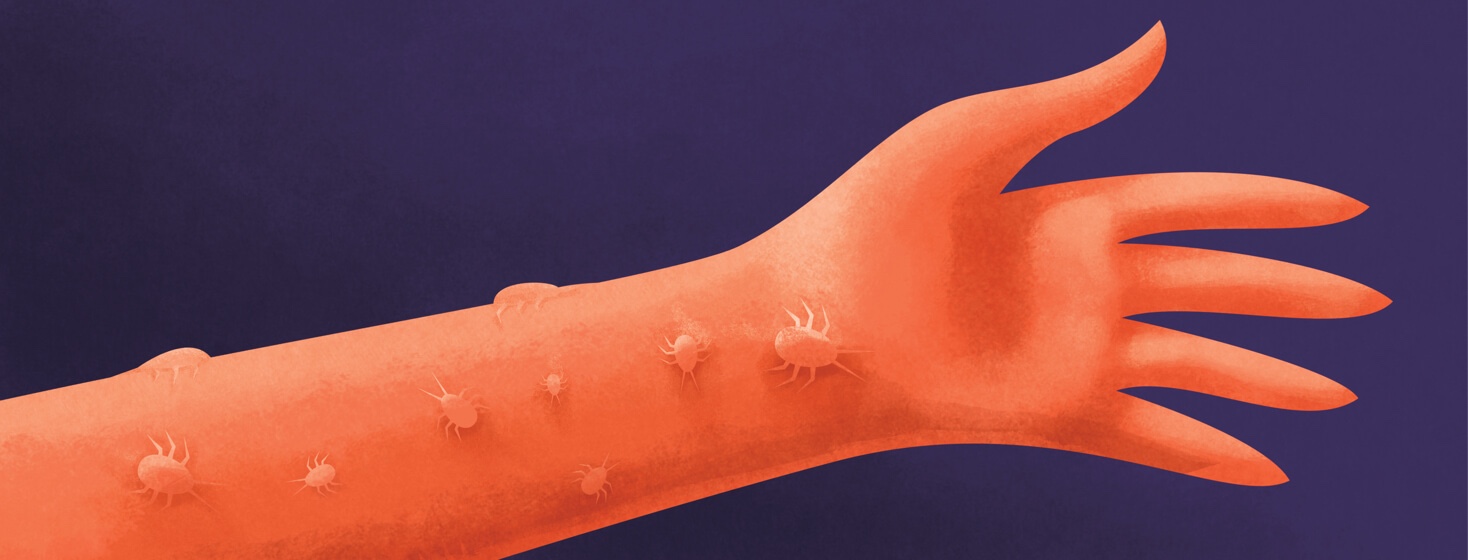Epilepsy and Hallucinations: Understanding the Connection
A seizure takes place when there is a sudden electrical surge in the brain. How this surge affects a person with epilepsy depends on the location of the seizure.1
Symptoms of a seizure can be mild like a change in taste or smell. They can also be more severe. A seizure can even cause someone to hallucinate. Someone who hallucinates believes something is real when it is not actually happening.2,3
Seizures can cause hallucinations

Focal seizures occur in a specific part of the brain. These can also be called complex partial seizures. Focal seizures are the most common type of seizure in epilepsy. They affect different people in different ways.4
Vestibular hallucinations
The parietal lobe is in the upper central part of the brain. According to researchers, seizures in this area can cause vestibular hallucinations. These are hallucinations that make you feel like you are:4
- Flying
- Spinning
- Falling
Visual hallucinations
Seizures in the parietal lobe can also cause visual hallucinations. So can seizures in the occipital lobe, in the back of the brain. During a visual hallucination, you see things that are not there, like:4
- People
- Objects
- Animals
Other sensations
Tactile hallucinations are when you feel sensations that are not real. For example, it may feel like bugs are crawling on your skin.4
When do hallucinations happen during a seizure?
There are 4 stages of seizures:5
Some people with epilepsy report having auditory hallucinations for a day or 2 after a seizure. It is as if someone is playing a radio station nearby. But the stations are being switched so fast it is hard to hear what is being played.6
Six to 10 percent of people with epilepsy have postictal psychosis. In postictal psychosis, symptoms appear within 7 days of a seizure. Symptoms can include:7
- Depression
- Mania
- Delusions
A person with delusions believes something that is untrue. They may believe someone famous has fallen in love with them. Or that they can control the weather with their mind.8
Delusions and psychosis
Researchers have studied psychosis in relation to epilepsy. Psychosis is a severe mental illness. When in a psychotic state, a person loses touch with reality. Hallucinations can be part of psychosis. But they are not necessarily.6,7
People who suffer with postictal psychosis can become easily upset. About 1 in 4 may become violent toward another person. And 7 percent show suicidal behavior.9
What causes symptoms after seizures?
It is not clear what causes postictal symptoms like hallucinations. They may be the body's way of resetting itself after a seizure.6
Multiple neurotransmitters may be involved. Neurotransmitters are chemical messengers that allow nerve cells to talk to each other. Scientists have studied the effects an enzyme called COX-2 has on postictal memory problems. A drug is being tested to see whether blocking COX-2 prevents postictal symptoms.6
Researchers do not know whether postictal changes are caused by a seizure or are meant to stop a seizure. More research is needed to find causes and treatments for these frightening symptoms.6
Speak to your doctor about any symptoms you are having at any stage of a seizure. It may be hard to discuss something scary like hallucinations. But the best way to get help is to be open about what you are experiencing.7

Join the conversation